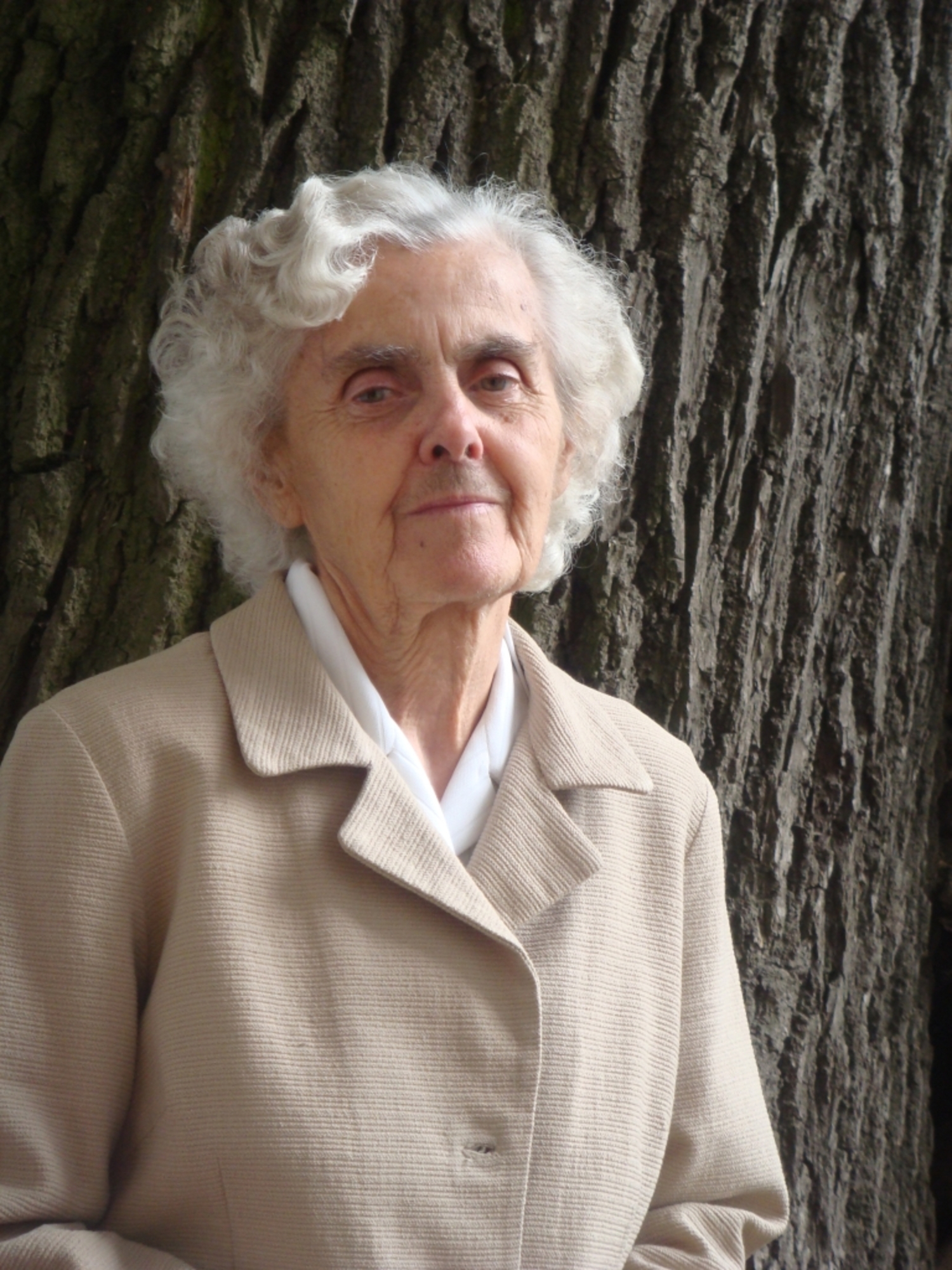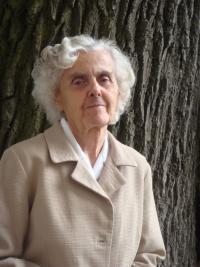And they gave them such ultimatum, either to leave or to go to prison

Stáhnout obrázek
Born in 1931 in Płock. Her father was member of the Orthodox Church and mother was a Roman Catholic. Her father, a secondary school graduate, worked as a bookkeeper. Her family spoke Polish at home and celebrated Roman Catholic holidays. Before World War II Anna Prussakowa finished one form of a primary school. After a fewIn 1945, after the liberation of Płock from German hands, the Soviets started resettling Orthodox families to the Soviet Union. Anna Prussakowa’s family was deported to the vicinity of Odessa. After a few months she moved to Zdolbuniv near Rivne, where she settled at her family’s friend’s, also a person displaced from Poland. Anna Prussakowa completed extramural pedagogic studies and started to work as a teacher of mathematics at a school in Rivne. She retired after 34 years of work in 1986. She now lives in Rivne.
